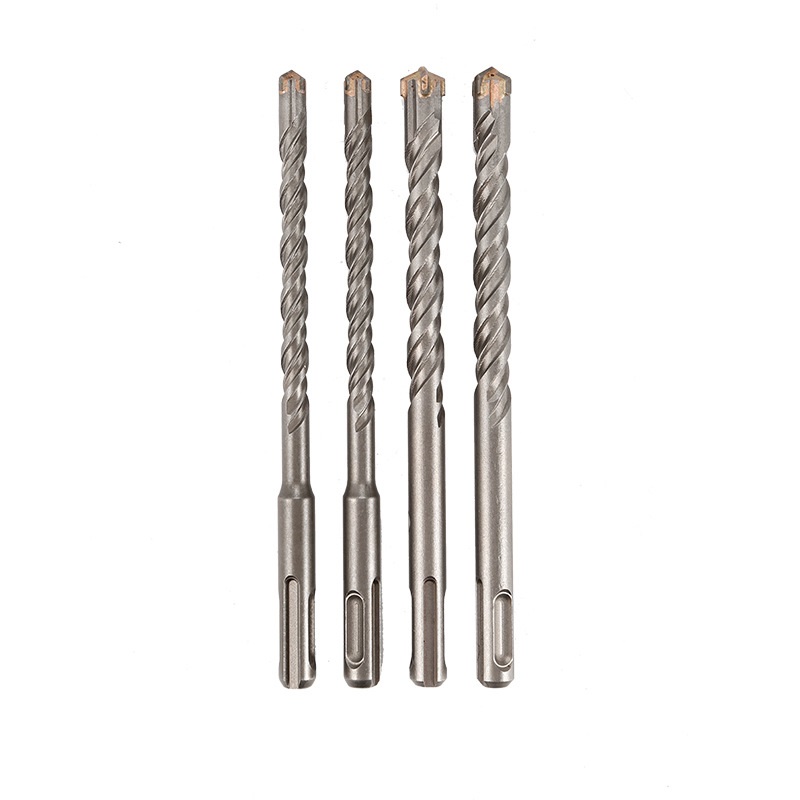What is the difference between SDS drill and hammer drill?
The difference between an SDS drill and a hammer drill lies primarily in their design, functionality, and intended use. Here is a breakdown of the main differences:
SDS Walkthrough:
1. Chuck System: SDS drills feature a special chuck system that allows for quick and tool-free bit changes. The drill bits have a slotted shank that locks into the chuck.
2. Hammering Mechanism: SDS drill bits offer a more powerful hammering action, making them suitable for heavy-duty applications. They are designed to deliver higher impact energy, which is very effective for drilling into hard materials such as concrete and masonry.
3. Rotary Hammer Function: Many SDS drill bits have a rotary hammer function that can drill and chisel holes. They are usually used to drill larger holes and harder materials.
4. Drill Bit Compatibility: SDS drills require specific SDS drill bits that are designed to handle the high impact forces generated during the drilling process.
5. Application: Ideal for professional construction and heavy-duty tasks such as drilling large holes in concrete or masonry.
Hammer Drill:
1. Chuck System: The hammer drill uses a standard chuck that can accommodate a variety of drill bits, including those for wood, metal, and masonry.
2. Hammer Mechanism: Hammer drills have a lesser hammering force than SDS drills. The hammer mechanism is usually a simple clutch that engages when resistance is encountered.
3. Versatility: Hammer drills are more versatile in general drilling tasks because they can be used on a wider range of materials, including wood and metal, in addition to masonry.
4. Drill bit compatibility: Hammer drills can use various types of drill bits, including standard twist drill bits and masonry drill bits, but do not use the SDS system.
5. Application: Suitable for DIY projects and lighter construction tasks, such as drilling holes in bricks or concrete to secure anchors.
Summary:
In summary, SDS drill bits are tools designed specifically for heavy-duty applications, with an emphasis on concrete and masonry, while hammer drills are more versatile and suitable for a wider range of materials and lighter tasks. If you need to drill into hard materials frequently, an SDS drill bit may be a better choice, while a hammer drill is sufficient for general-purpose drilling requirements.
Post time: Nov-13-2024
